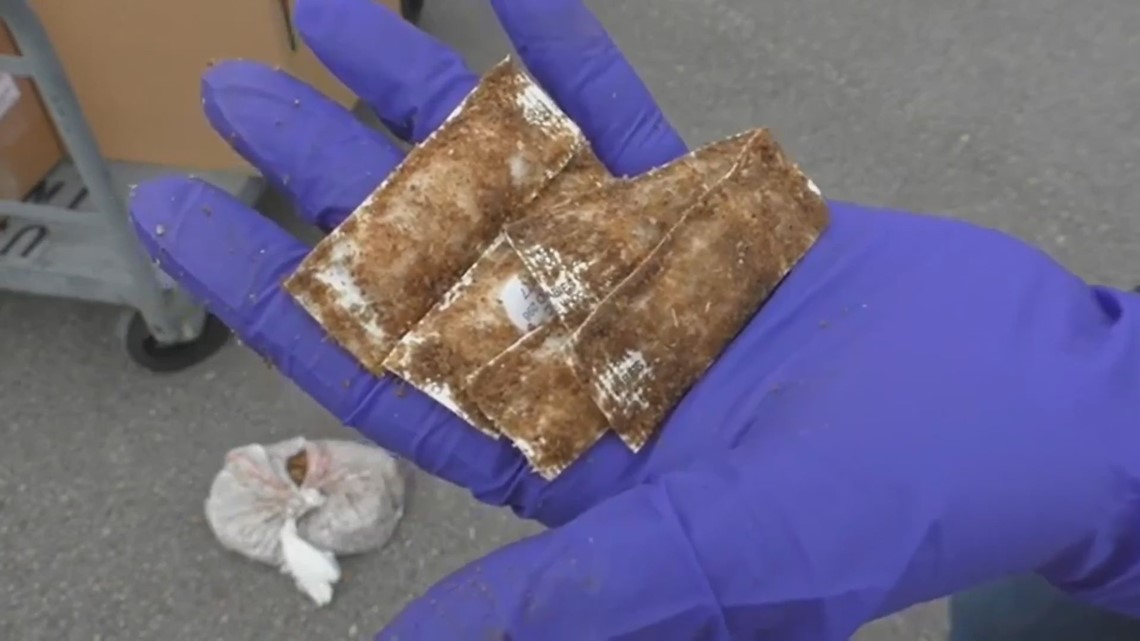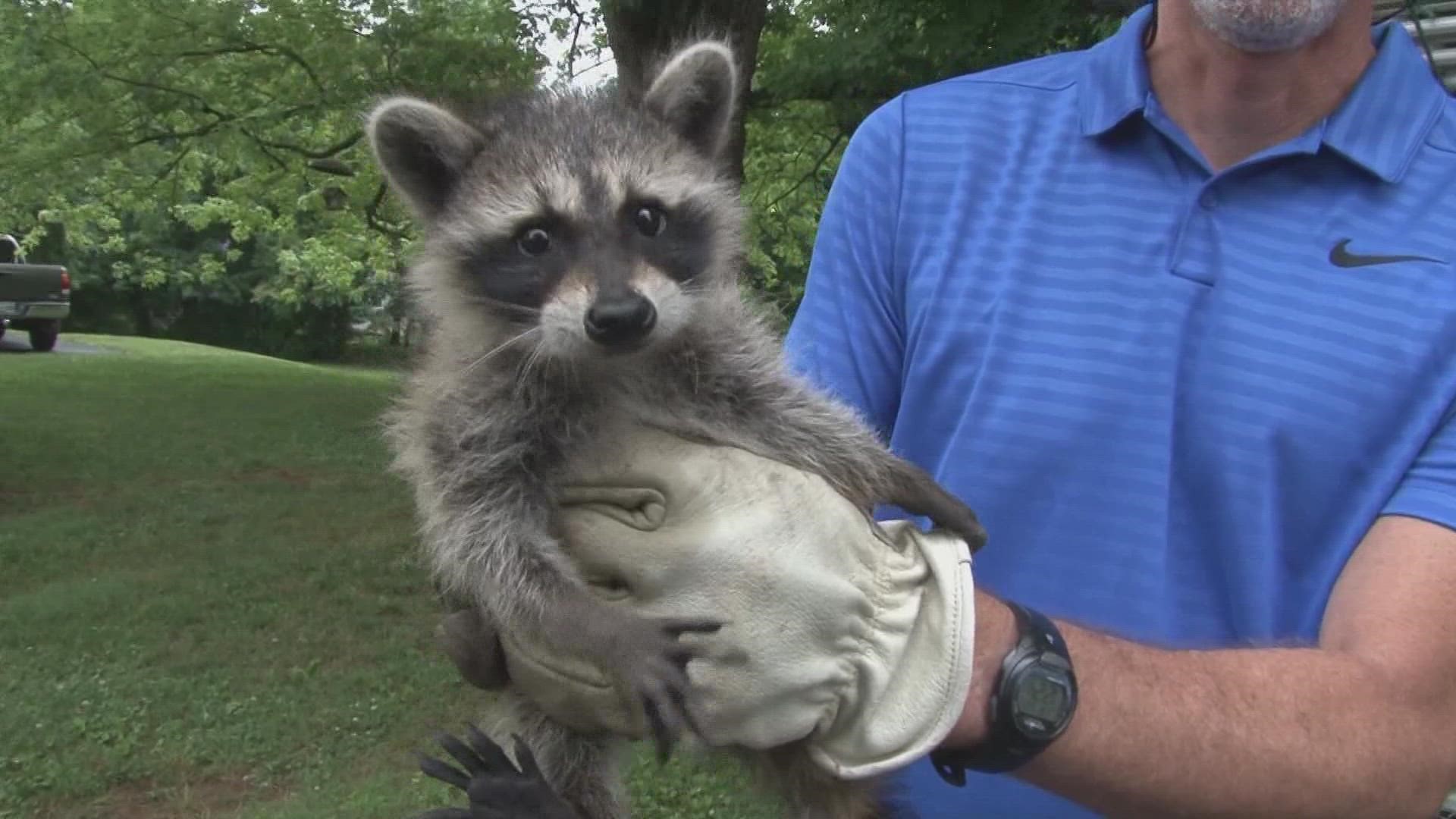KNOXVILLE, Tenn. — Packets of vaccines fell from the skies across East Tennessee on Thursday.
It's an ongoing project by state and federal leaders to cut the cases of rabies in wild animals. It is a disease that is preventable but could be deadly in humans.
Crews with the United States Department of Agriculture's wildlife services team spent much of the day dropping vaccine baits all across the state.
While rabies is rare, there was one case of raccoon rabies in Tennessee in 2021. It was located in Hamilton County, near Chattanooga. But, the managers of this program want that number to be zero... and stay at zero.


The USDA Wildlife Services team is loading millions of vaccines into small planes and helicopters to distribute the goods.
"We use planes to get a majority of the baits out, and the reason for that is because we are covering a really large area," Jordana Kirby said. She is a rabies field coordinator for the National Rabies Management Program that runs through the USDA.
On Thursday, crews took flight over Cocke, Greene, and Hawkins counties.
"The immediate goal of this project as well as the program as a whole is to prevent the spread of raccoon rabies into new areas where it doesn't currently exist," Kirby said.
The idea to spread those rabies vaccines by air took root on the ground.
"Beginning in the late 1990s, we started this oral rabies vaccine program, it is really the most effective way to manage for and prevent rabies on the landscape," Kirby said.
Success on the forest floor propelled vaccine distribution into the skies. Crews funnel hundreds of thousands of these fishy-smelling vaccine baits through the plane and to the hungry critters below.
The vaccines are the size of a small ketchup packet. For flavor, they're dipped in wax and coated with a really pungent-smelling fish oil and fish crumbles.
"The raccoons will bite into them thinking it's some other type of alternate food, and then the vaccine will coat the back of their throat and that's how they'll become vaccinated," Kirby said.
It's a wild idea to get rid of a wild disease.
"By vaccinating these animals, were creating a barrier, we're preventing the spread, which thereby reduces the number of animals that could potentially spread the disease into households through people's pets or their livestock," Kirby said.
If your pet dog or cat finds and eats the bait, it won't hurt them. Federal managers say they've tested those baits on 60 different species and they aren't harmful.
The agency will drop baits in other parts of East Tennessee throughout the weekend.

